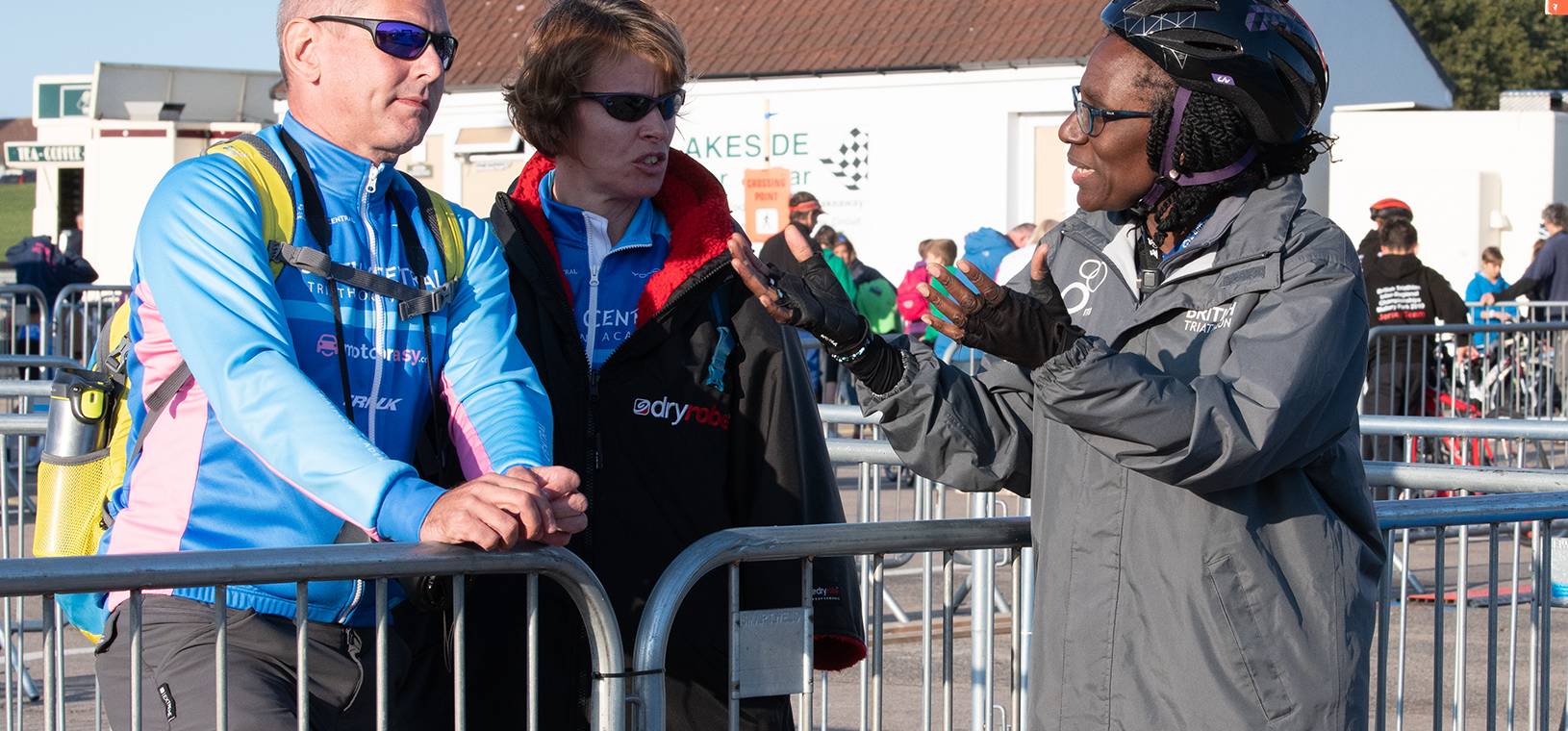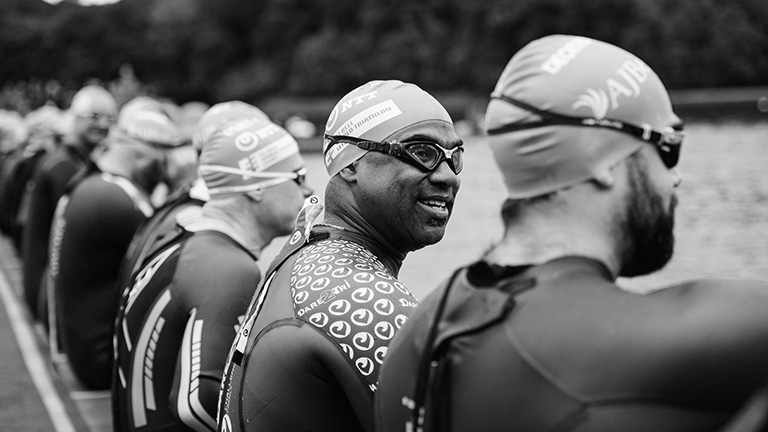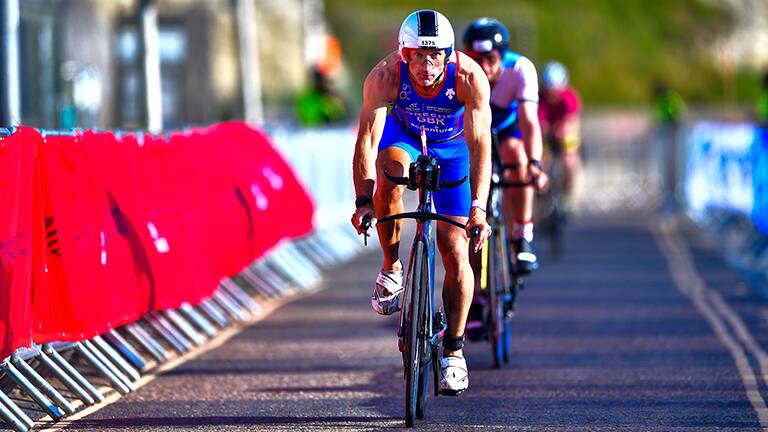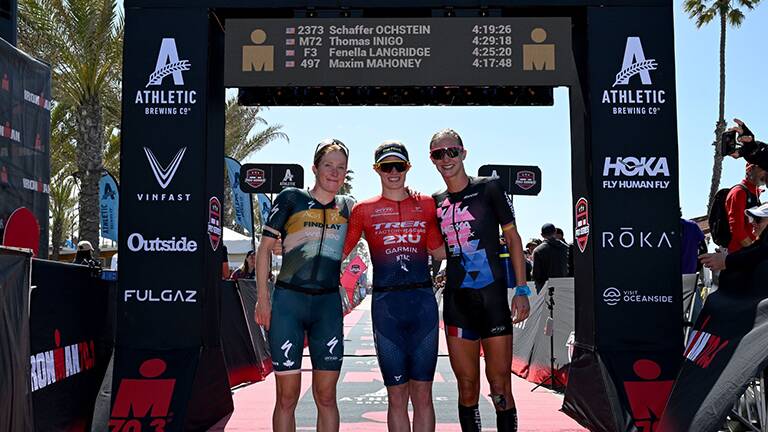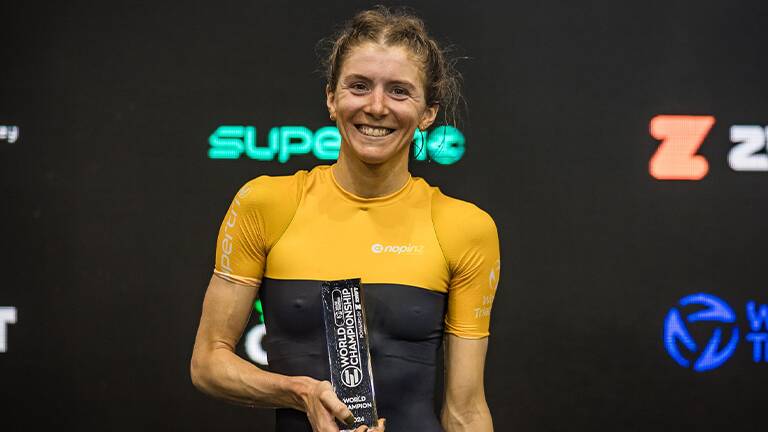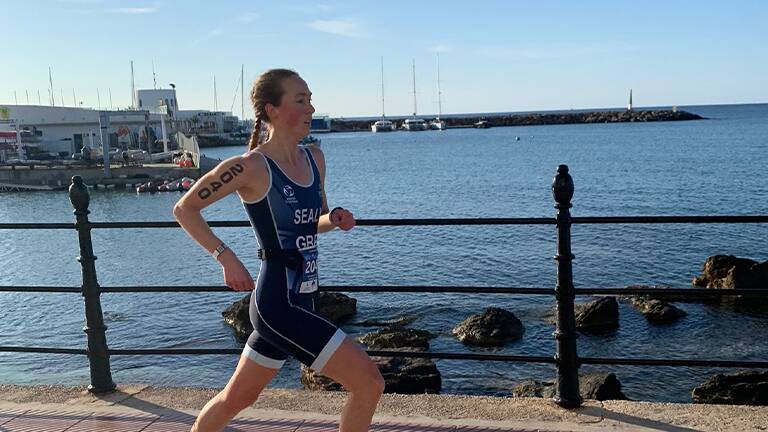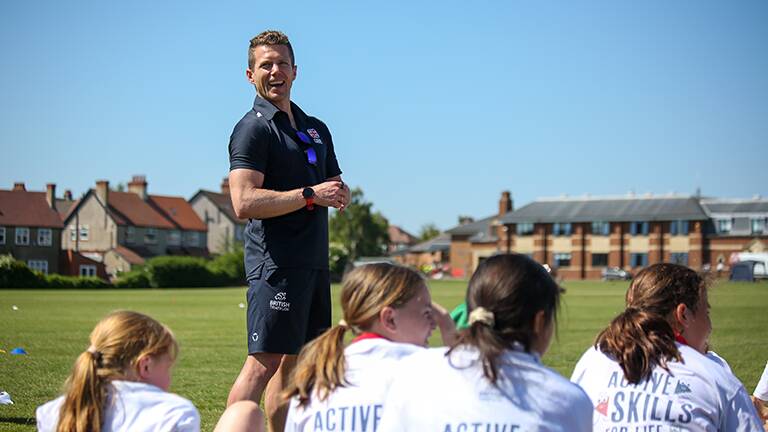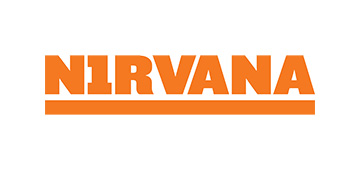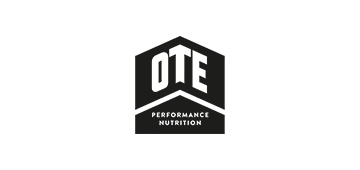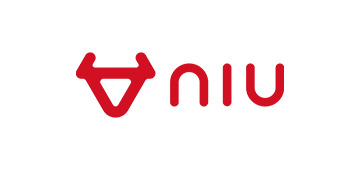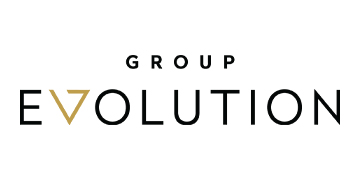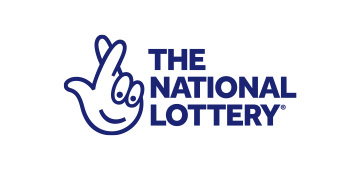Black History Month is an opportunity to educate, converse and listen, as well as understand how we can work together to combat racism and prejudice.
Triathlon is known for its continuing efforts to become a more inclusive sport. From GO TRI, to working with the Muslimah Sports Association, British Triathlon is working to break down barriers preventing those wanting to join the sport from giving it a try.
Over the last decade, multisport has become more representative of the society that we live in and has benefited greatly from that diversity. However, in the wake of the tragic death of George Floyd and the subsequent protests from Black Lives Matter (BLM) and other movements, we have to again ask ourselves; are we doing enough?
The Black Lives Matter movement can be traced back to the United States in 2013 when #BlackLivesMatter began to circulate on social media after George Zimmerman was acquitted of all charges after fatally shooting 17-year-old Travyon Martin in Florida.
Audrey Livingston, a level 3 triathlon coach and national Technical Official, amongst occupying many other roles in the sport, witnessed a Black Lives Matter protest in Atlanta, Georgia a number of years ago, saying: “They marched below us, and I’ve seen it on the TV but to be there and to feel the power was palpable. You can’t describe the feeling when something like that happens, it’s just so powerful.”
The movement gained prominence in the United Kingdom in 2016 on the fifth anniversary of Mark Duggan’s death, a Black man who was shot by police in Tottenham. Since then, the movement has spread across the world and regularly protested against incidences of police violence towards ethnic minorities and raised awareness for broader issues of inequality and discrimination.
“It definitely stood out this summer,” said Livingston. “I think Covid has a lot to answer for, mainly people having a heightened awareness of what’s going on in the world. Because people are stuck at home, there’s a lot of information being thrown at them and they can no longer get away from it. We know about what has been happening, but it is now more prominent because of people’s inability to run away from it.”
Livingston is happy to see the global solidarity with the movement, however, remains frustrated with those who fail to understand the motivations of the social movement. She says: “When people say ‘all lives matter’ when we talk about BLM it feels like that the person has no understanding and is not prepared to learn, and I feel weary at the thought of trying to explain the difference.
“The way I see it is that if all lives mattered, then there wouldn’t be this need to highlight that throughout history Black lives have not mattered. They have been left out of the history books. When I grew up, I never learnt about a single Black person, apart from musicians and athletes. No scientists, no doctors, nobody of influence outside of sport and music was ever mentioned.”
This is an ongoing struggle that has been highlighted by the protests over the summer and catalysed by Black History Month. It is demonstration of the need for more Black voices to be heard, both past and present.
Livingston reflected on her conflicted feelings towards Black History Month this year, saying: “I really wish we didn’t have to have Black History Month but until Black history is included in all history, we will continue to have to separate it. It’s frustrating to me that as a 56-year-old woman, many things still haven’t changed.”
She explained how important figures from our history have been cast aside or haven’t received the accolades that they deserved because of the colour of their skin. The likes of Garrett Morgan, who invented the three-position traffic signal and Lewis Latimer, the inventor of the carbon light bulb filament are rarely discussed compared to their white compatriots.
Livingston added: “From their involvement in the war to nursing, from taking a stand or refusing to give up a seat on the bus, to getting men in space, from classical music composers to the guitar. Black history is acknowledging the important things that Black people have done to make this world what it is now.
“Black history is everything I was never taught at school. My forgotten past. Black history is what makes me, me. Black history is the stories of people who came before me that gave me the opportunities I have now.
“Black history has been hidden and sometimes erased and it has, in the past, made me angry and frustrated, but now I am tired of having to explain that Black history has a place in history. Ideally, it should not be a separate topic but included as part of all history.”
Social media platforms have continued to raise awareness of social issues and high-profile sports have also taken a stand. Football players have been taking the knee before every match, showing solidarity by adopting a form of protest against racial inequality and police brutality in the United States that was originally performed by NFL quarterback Colin Kaepernick.
These gestures are great examples of the impact that sport can have on society, in creating role models, championing diversity and uniting people from all backgrounds. However, this can only be achieved with transparency and working to make a sport like triathlon accessible for all.
“As a multicultural society and especially now with so much focus on minorities, we should be doing all we can to ensure that anyone can participate in this sport,” explained Livingston.
“We have great representation with paratriathletes, female triathletes, and we are focusing on the other protected characteristics of diversity but should not forget that in both White and ethnic backgrounds, the sport is often seen as expensive and elitist.
“It’s important to show that triathlon is acknowledging equality, diversity and inclusion in all aspects of the sport, from grassroots to board level and beyond. There may well be strong diversity with competitors at events but that needs to filter up. For example, we have two male elite athletes from ethnic backgrounds but no ethnic female elite athletes.”
Livingston, along with a friend, has organised a Black and Asian women’s swimming group called Soul Swimmers UK, saying: “We target Black and Asian women who have a fear of water or have lost confidence and we’re giving them the support to get back into the water. Our tagline is ‘pool and beyond’ because we want people to get into the open water, whether it be swimming, paddle boarding or triathlon. Knowing that they are able to swim and have overcome their fears and busted a few of those myths.
“It’s not about making things separate. It’s about addressing the needs and understanding that Black, Asian, Sikh and Muslim people may have certain barriers to accessing the sport, like having helmets and swimming hats for larger hair types. It’s about myth busting and showing people that they can participate in the sport.
“What’s important is making sure that what you do caters to who we are. That’s it. When you look at the board now, it’s more diverse and that’s the same for the elite athletes in comparison to when I joined the sport. Also, it’s been great to see the development of GO TRI in breaking down the socio-economic barrier of the sport.”
When Livingston looks towards the future of the sport, she hopes to see more Black role models across all fields, including Technical Officials, coaches and athletes, saying: “What I’d really like to see is a Black triathlete at the Olympic Games. However, without having the Black role models, I feel like this will be difficult to achieve.
“The hard part is making things that are extraordinary, ordinary. The way that I see it is if you can change the Board of Directors, which we have, then you can change anything.”
One of the most important things that British Triathlon can do is to improve representation across the sport. To help us do that, we would love to hear from you if you are a participant in the sport from a BAME background who would be willing to share your story to inspire others. Please email us at media@britishtriathlon.org

